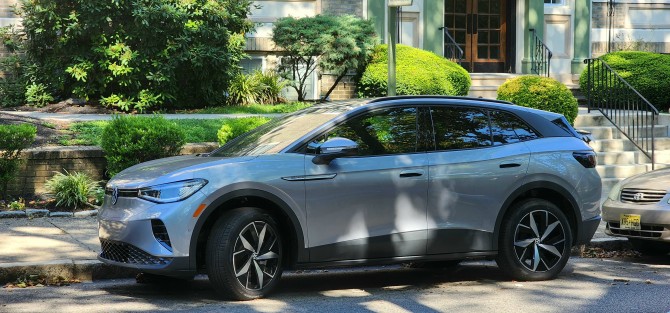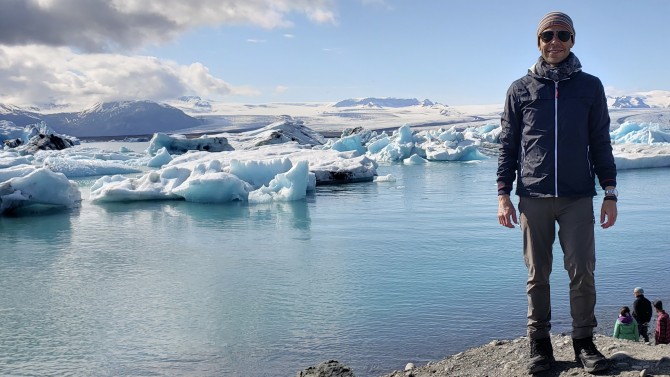News directly from Cornell's colleges and centers
Grant funds Transportation Ph.D. Fellowship in Economics, Engineering, Policy
By Diane Tessaglia-Hymes
Cornell University has been awarded a grant from the Alfred P. Sloan Foundation to fund the Regional Interdisciplinary Transportation Ph.D. Fellowship Program in Economics, Engineering and Policy – a unique program for doctoral students that will integrate engineering research with economic research in the field of transportation systems technology.
Cornell is one of four universities participating in the program, which aims to prepare students for careers in transportation research and to communicate findings directly to relevant policy makers and industry professionals. Ricardo Daziano, associate professor of civil and environmental engineering, and Shanjun Li, professor of applied economics and policy and the Kenneth L. Robinson Chair in the Dyson School of Applied Economics and Management, are the co-principal investigators from Cornell.
Faced with the emergence of new transportation technologies such as electric vehicles and ride-sharing services, policy makers must weigh the advantages that these technologies provide against possible negative impacts. Historically, policy makers have received guidance through traditional engineering or traditional economic approaches. This process can lead to confusing and incomplete policy advice, making it difficult for policy makers to take a holistic approach to public spending on research, consumer subsidies, public information campaigns and infrastructure investments.
“Research on decarbonizing transportation tends to be highly siloed along disciplinary lines, with economists and engineers using different methodological approaches to understand consumer preferences for low-carbon transport options,” Daziano said. “However, integration of these disciplinary perspectives is needed to realize a more comprehensive understanding of the behavioral, social, and technological dimensions involved in decarbonizing transportation.”
A pilot version of this program was launched in 2021 by the University of Maryland and Carnegie Mellon University, which are leading the new grant. Inspired by the success of the pilot program, Cornell and the University of Michigan, two institutions that both have strong track records on transportation decarbonization research rooted in both economics and engineering, were invited to participate. Program leaders said expanding the fellowship to these two schools helps achieve two goals: First, it creates a Midwest-Northeast regional presence in interdisciplinary transportation research, and second, it increases outreach with policymakers and the public.
“Cornell brings a wealth of expertise on mathematical modeling and algorithms for the design of sustainable and equitable transportation solutions--including emerging technologies and services such as on-demand micro-transit,” said Li. "And we lead in researching the derivation and empirical use of modeling tools needed for the analysis of complex systems.”
“We have a strong focus on the analysis of sustainability, environmental and community health impacts of transportation activities,” added Daziano. “Cornell also brings to the program collaborative partnerships with government agencies, private sector companies and non-profit organizations in New York state.”
The grant will provide funding over the course of three years and will provide opportunities for six doctoral students in business, economics, engineering or policy who plan to engage in research that focuses on any mode of transportation and integrates economic and engineering analysis in a meaningful way. Information about the call for proposals, which are due on Oct. 20, can be found on the Daziano Research Group site.
Media Contact
Get Cornell news delivered right to your inbox.
Subscribe


